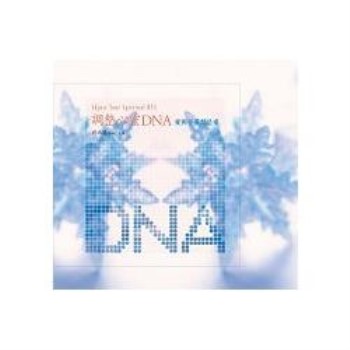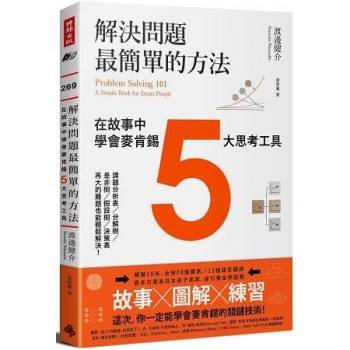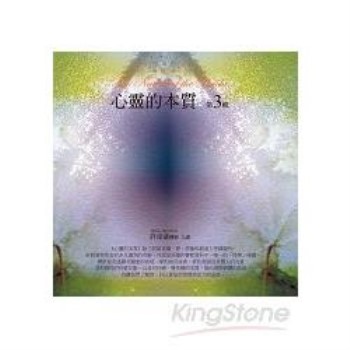Posthuman research playspaces: Climate child imaginaries addresses the need for new forms of climate change education that are responsive to the rapidly changing material conditions of children’s socioecological worlds.
The book provides a comprehensive understanding of how posthumanist concepts and methods can be creatively developed and deployed in collaboration with children and young people. It connects climate change education with posthumanist studies of childhood in the social sciences and environmental humanities. It also offers opportunities for readers to encounter new theoretical and methodological approaches for collaborative art, inquiry, and learning with children. Drawing on three years of participatory research undertaken with 135 children in the Climate Change and Me (CC+Me) project, it takes children’s creative and affective responses to climate change as the starting point for the co-production of knowledge, community engagement, and the transformation of pedagogy and curriculum in schools. Thinking through process philosophy, and in particular, the works of Whitehead and Deleuze, the book develops new concepts and methods of creative inquiry which situate children’s learning, aesthetic production, and theory-building within a more-than-human ecology of experience.
The book presents a series of generative openings and propositions for future research in the field of climate change education, while also offering wide-ranging applications for graduate students and researchers in childhood and youth studies, the environmental arts and humanities, cultural studies of science and technology, educational philosophy, and environmental education.











